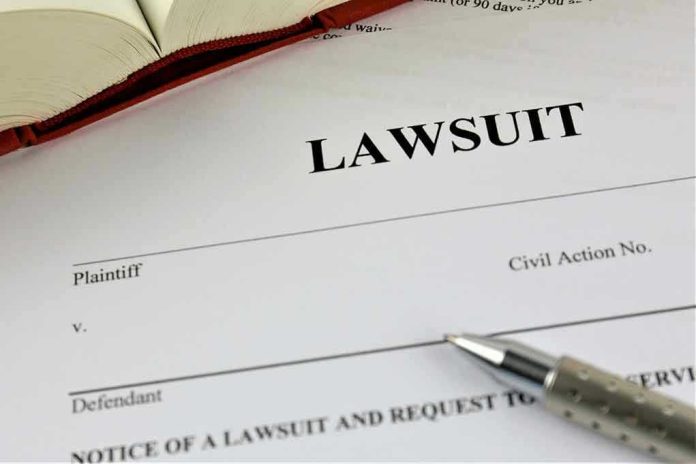
A $5 billion lawsuit threat, a BBC apology, and the unraveling of British broadcast leadership—all sparked by a few seconds of edited footage—show just how explosive the intersection of media power and political ambition has become in the age of global news cycles.
Story Highlights
- Trump threatens to sue the BBC for up to $5 billion over an edited January 6 speech in a Panorama documentary.
- The BBC issues a rare public apology for the misleading edit, but denies any legal basis for defamation.
- Resignations at the BBC’s highest levels point to a crisis of editorial judgment and institutional accountability.
- Legal experts doubt Trump’s chances and warn of a chilling effect on international political reporting.
Trump’s Legal Gambit and the BBC’s Apology—A Collision of Influence
Donald Trump’s threat to sue the BBC for up to $5 billion set off a media earthquake felt on both sides of the Atlantic. The catalyst: a Panorama documentary that, according to Trump, deceptively edited his January 6, 2021 speech, splicing together lines that changed his intended meaning. The BBC, a venerable yet beleaguered institution, responded not with legal resistance but with a rare and public apology—an admission of editorial misjudgment that stunned both critics and supporters.
The apology, however, came with a caveat. BBC executives insisted that the edits, while misleading, did not rise to the level of defamation. Trump’s legal team, leveraging a dossier published by The Telegraph, seized the moment to amplify claims of reputational harm and political bias. With the U.S. presidential election just concluded, the timing added fuel to an already volatile media environment. The BBC’s leadership, under mounting scrutiny, faced a reckoning that culminated in the resignations of its director general and head of news—a public signal that the controversy had spiraled into a full-blown institutional crisis.
High Stakes, Cross-Border Drama: Legal Odds and Media Fallout
The threat of a multibillion-dollar lawsuit against a British public broadcaster by the U.S. president is unprecedented in scale and spectacle. Trump’s supporters argue that only such audacious legal action can check the power of media giants and restore trust in public institutions. Critics counter that the lawsuit is a political maneuver with little chance of success, pointing to the formidable legal hurdles of cross-border defamation, actual malice standards, and jurisdictional enforcement. Legal analysts on both continents almost universally dismiss Trump’s prospects of winning—or collecting—a payout that could cripple the BBC. Yet the legal merits are almost secondary to the spectacle and symbolism of the conflict.
For the BBC, the fallout is immediate and tangible. Staff morale plummets, editorial processes come under review, and the entire institution braces for further public and governmental scrutiny. For Trump, the episode reinforces a familiar narrative: the media as adversary, the outsider as victim, and the legal system as a tool of political vindication. The story becomes a proxy for larger battles over free speech, accountability, and the boundaries of press freedom in an era of hyper-polarized politics.
Media Accountability, Political Showmanship, and the Future of Press Freedom
This confrontation exposes deep fault lines in the relationship between public figures and the press. The BBC’s public apology, while intended to defuse the situation, paradoxically validated Trump’s central claim: that powerful media organizations are not immune to mistakes or bias. The subsequent resignations at the BBC signal a rare moment of institutional self-correction, but also raise fears of a chilling effect—will future coverage of controversial political figures become more timid, more sanitized, more beholden to legal risk than public interest?
For American conservatives and media reform advocates, the controversy is a rallying cry. It is proof, they argue, that elite institutions are not only fallible but unaccountable—unless confronted with legal and public pressure. For defenders of journalistic independence, the episode is a cautionary tale: editorial errors can be weaponized, and the threat of financial ruin can cast a long shadow over international reporting. As audiences on both sides of the Atlantic digest the spectacle, media organizations everywhere are left with a stark choice: double down on transparency and rigor, or risk being the next to fall in the crosshairs of political and public outrage.

